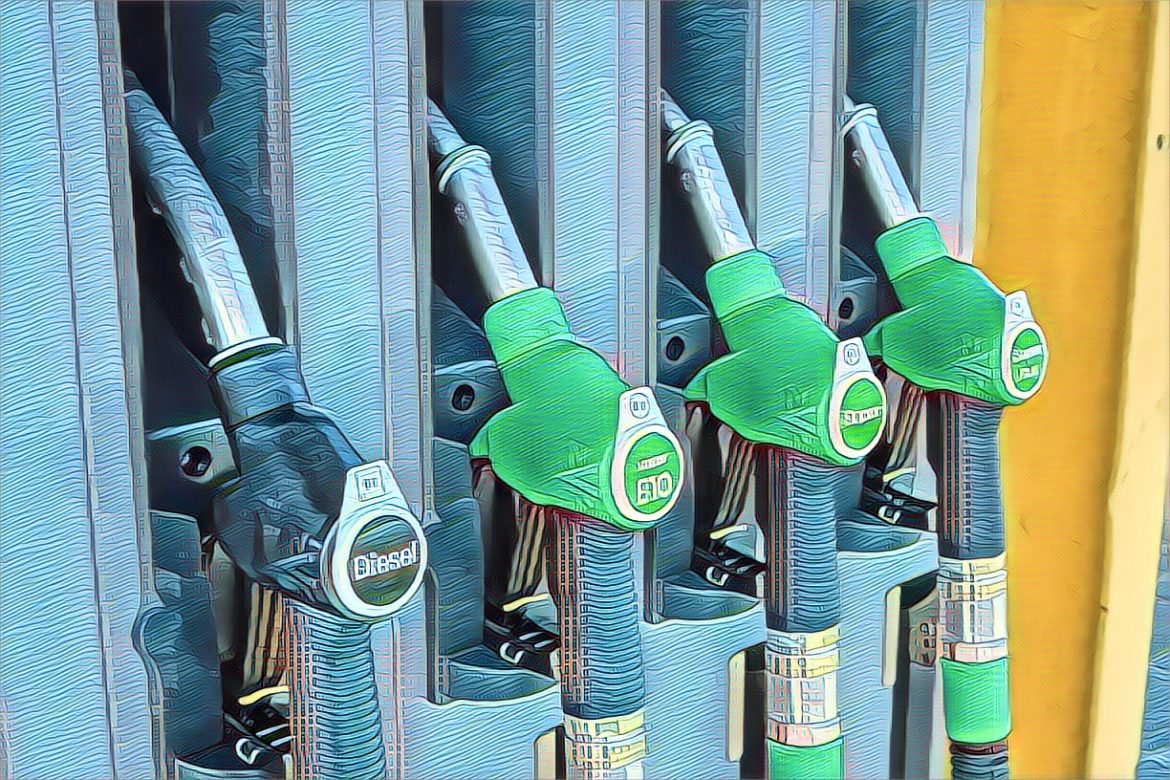KEY POINTS
- Nigeria’s petrol is 58% cheaper than in neighboring countries.
- Over 650,000 liters of petrol seized by Customs since June 2024.
- Smuggling persists due to systemic corruption and entrenched networks.
Nigeria’s ongoing battle with petrol smuggling continues to raise concerns, even after the removal of fuel subsidies. Despite significant price hikes, the country’s petrol remains 58% cheaper than in many neighboring West African nations, fueling illegal trade across porous borders.
Persistent price disparity drives smuggling
Nigeria’s Premium Motor Spirit (PMS), commonly known as petrol, is currently sold at an average price of ₦1,060 per liter in Lagos. Comparatively, petrol prices in neighboring countries like Benin, Ghana, and The Gambia range between ₦1,530 and ₦1,853 per liter. This significant price difference continues to incentivize smugglers, who exploit Nigeria’s cheaper petrol for massive profits.
Smugglers use various methods, including waterways, bottles, cans, and border crossings, to transport petrol illegally. A trader involved in this activity, speaking anonymously, described the trade as “profitable,” noting that petrol bought at ₦1,060 in Lagos fetches up to ₦1,400 per liter in neighboring Niger.
Customs’ struggle and smuggling networks
The Nigeria Customs Service (NCS) has confirmed the scale of smuggling operations. According to Customs Public Relations Officer Abdullahi Maiwada, over 650,000 liters of petrol were seized between June 2024 and November 2024, along with 10 trucks and 17 sealed retail outlets. The seizures, valued at ₦700 million, highlight the widespread nature of the issue.
Maiwada emphasized the challenges facing anti-smuggling operations, including limited resources, corruption, and threats to personnel. Operation Whirlwind, a task force designed to combat petrol smuggling, has made progress but continues to face logistical and operational hurdles.
NNPCL and government initiatives
According to a report by Vanguard, the Nigerian National Petroleum Company Limited (NNPCL) remains firm in its opposition to smuggling. Spokesperson Olufemi Soneye reiterated the organization’s support for policy reforms and advocacy to curb illegal petrol trade. NNPCL Group CEO Mele Kyari previously highlighted how smuggling profited traders by up to ₦17 million per truck under the subsidy regime.
The removal of subsidies was intended to eliminate such arbitrage, but smuggling persists due to entrenched networks and systemic corruption. Security personnel at border checkpoints are often complicit, further complicating enforcement efforts.
A costly legacy of subsidies
From 2006 to 2018, Nigeria spent over ₦9.84 trillion on subsidized petrol imports, with much of it smuggled to neighboring nations. Between 2019 and 2023, additional billions were spent, effectively subsidizing economies across West Africa. Minister of State for Petroleum Resources (Oil) Sen. Heineken Lokpobiri emphasized that selling petrol below its landing cost made smuggling inevitable.
Even with deregulation, smuggling continues to undermine Nigeria’s energy security. The government must address systemic corruption, enhance border security, and implement long-term strategies to curb illegal trade and secure the nation’s resources.
Nigeria’s strategic role in Africa’s energy landscape cannot be understated, but achieving true energy security requires collaborative efforts to eliminate smuggling and prioritize efficient resource management.


